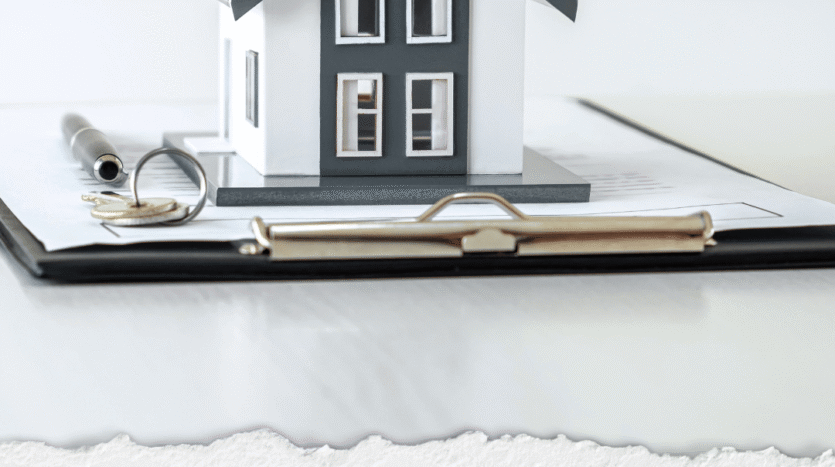Being a landlord in Chelmsford, Essex comes with a range of legal responsibilities designed to protect both tenants and landlords. Staying compliant with UK laws not only safeguards your investment but also helps maintain positive relationships with tenants. As we move into 2025, it’s important for landlords to remain up-to-date on essential legal obligations to avoid fines and disputes. Here’s a refresher on the key legal responsibilities every landlord should know.
Tenancy Deposit Protection
One of the most important legal requirements for landlords is to protect tenant deposits. In the UK, landlords are legally required to place deposits in a government-approved tenancy deposit protection (TDP) scheme. This ensures that the deposit is protected and can only be used to cover legitimate costs, such as unpaid rent or property damage.
You must provide the tenant with details of the scheme within 30 days of receiving the deposit. Failure to comply with this regulation can result in hefty fines, and tenants may be entitled to claim up to three times the deposit amount.
Health and safety compliance
Ensuring your property is safe for tenants is a legal obligation. This includes carrying out annual gas safety checks by a registered Gas Safe engineer and ensuring all electrical systems and appliances are safe. Landlords must also install smoke alarms on every floor of the property and carbon monoxide detectors in rooms with solid fuel-burning appliances.
In addition, landlords must provide an up-to-date Energy Performance Certificate (EPC) for the property, which must meet the minimum energy efficiency standards (MEES). In 2025, stricter energy standards may come into play, so it’s worth reviewing your property’s EPC rating to ensure compliance.
Property maintenance obligations
As a landlord, you are legally required to maintain the structure and exterior of the property, ensuring it remains in good condition throughout the tenancy. This includes repairs to the roof, walls, gutters, and windows, as well as maintaining heating, plumbing, and electrical systems. Promptly addressing maintenance issues can prevent further damage and legal disputes with tenants.
If tenants raise concerns about repair needs, landlords should respond quickly to avoid any breach of contract. Keeping a log of maintenance requests and repairs can help you stay organised and demonstrate that you are fulfilling your obligations.
Compliance with recent legislation
UK landlord legislation is frequently updated, and landlords must keep up with new regulations to avoid penalties. Recent changes include rules on Right to Rent checks, which require landlords to verify that tenants have the legal right to live in the UK. Additionally, landlords must be aware of any local licensing requirements in Chelmsford, Essex, particularly for Houses in Multiple Occupation (HMOs).
In 2025, landlords should stay informed about any updates to legislation affecting their responsibilities, especially regarding environmental standards, tenant rights, and tax changes.
Conclusion
Understanding and adhering to your legal responsibilities as a landlord in Chelmsford, Essex is crucial for protecting your investment and ensuring a positive relationship with tenants. From tenancy deposit protection to health and safety compliance, staying informed and proactive will help you avoid legal disputes and penalties.
If you need support navigating your legal responsibilities or have questions about property compliance, get in touch with me.





